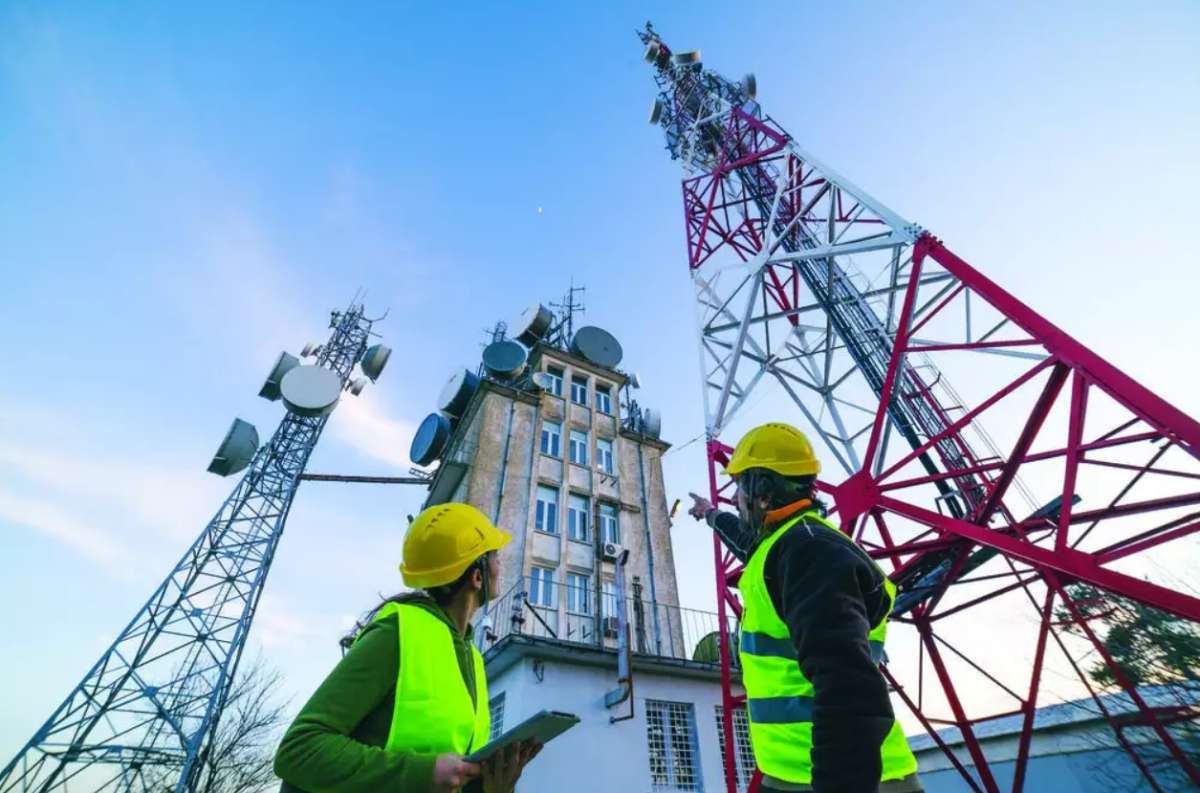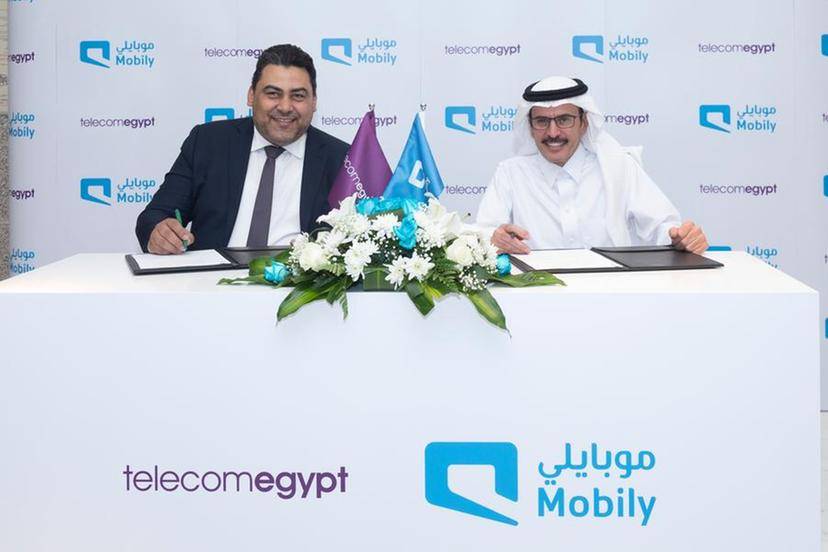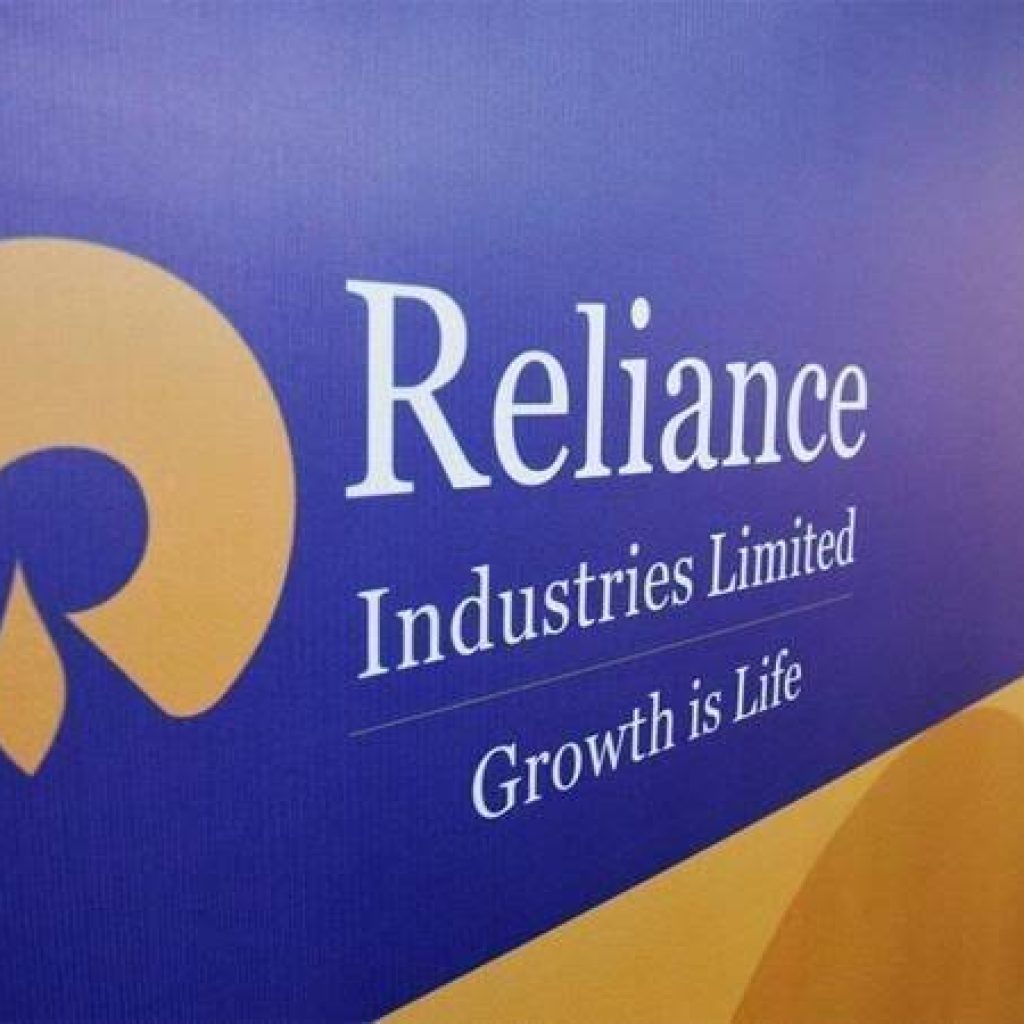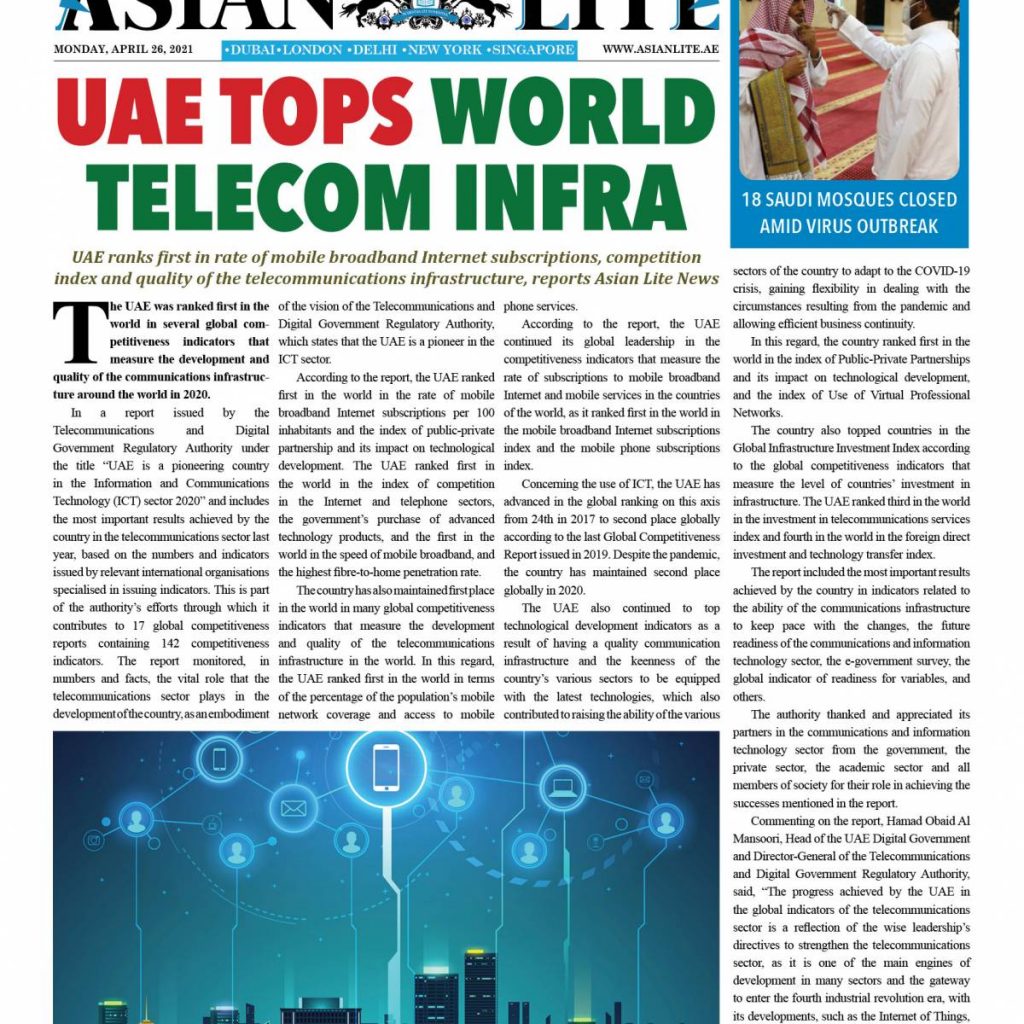The Union Minister hailed the Prime Minister’s foresight of using technology as an enabler for good governance, for providing business opportunities and as an enabler to expand the country’s economic activities…reports Asian Lite News
Union Minister of Commerce and Industry Piyush Goyal said that India is all set to become a provider of telecom services and Indian companies will become providers of high security and quality technological equipment to emerging economies.
According to a Ministry of Commerce and Industry release, Goyal expressed confidence that India in the future will lead international telecom supply chains and urged companies to find solutions to help take telecom to countries still behind in network connectivity.
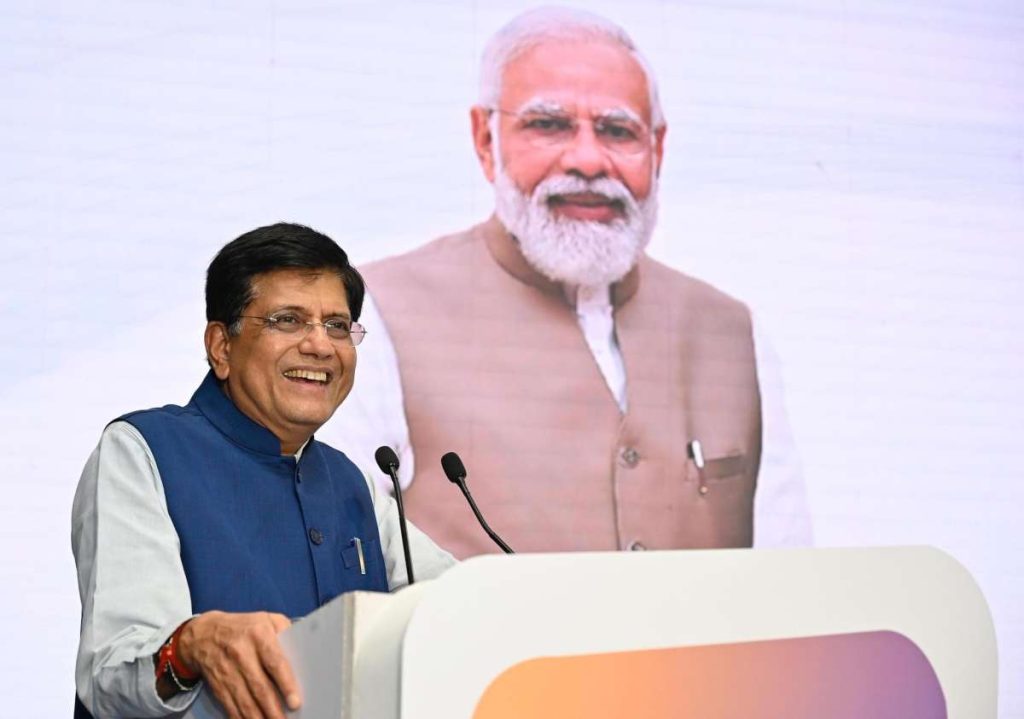
Addressing the World Telecommunication Standardization Assembly and 8th edition of India Mobile Congress in New Delhi on Tuesday, Goyal said, “India has a role to play in making technology available in the Global South and in leading the world in fulfilling the Sustainable Development Goal (SDG) to make digital connectivity affordable across the globe.”
He added that seamless broadband connectivity across the country has earned India the moniker ‘Trusted Partner of the World’. He also highlighted India’s stable network connectivity across rural and urban areas as an achievement of the flagship ‘Digital India’ campaign launched by Prime Minister Narendra Modi in 2015.
The Union Minister hailed the Prime Minister’s foresight of using technology as an enabler for good governance, for providing business opportunities and as an enabler to expand the country’s economic activities.
Goyal said that India today thinks as one nation and attributed Prime Minister Narendra Modi of ushering a change in the mindset of the youth and aligning the thought process of the entire country towards the nation’s development. He outlined that making the digital push back in 2015 helped in continuation of essential services leading to seamless business activities across the country during Covid pandemic.
“When countries work with India, they are assured of high quality, affordability and cost effective solutions and are assured of uninterrupted business activities allowing companies to look up to India for their global capability centres (GCCs),” the release said quoting Goyal.
He noted that in terms of technological developments in telecom services like innovation, availability of equipment, services and data India is far ahead of developed countries.
“Of India celebrating World Standards Day yesterday, Goyal said that the government is working towards making India a provider of quality goods and services. Everything that India does will have an imprint of quality defining the India growth story,” Goyal said as quoted in the release.
Alluding to the theme of the event “The Future Is Now”, the Minister said that India is contributing to not only its future but of the world and its offering of digital technologies plays an integral part in bringing the world as one family. He stated that the entire ecosystem of digitalisation involving machine learning, artificial intelligence and data analytics has its imprint in India, the release mentioned.
“India is recognised for its innovation, talent and the large market it provides. Innovation defines the India growth story and the world recognises India as a leader in democratising technology for the deprived and the whole world,” the release said quoting Goyal.
Paying tributes to APJ Abdul Kalam on his birth anniversary, the Union Minister stressed the former President’s pioneering work in cutting edge technology and said that it has been appreciated worldwide and his engagement with the youth will always remain a source of inspiration for the country
The release further stated that Goyal praised the Telecom Equipment and Services Export Promotion Council (TEPC) for instilling confidence in making India self-reliant in technological achievements.
He emphasised that India today is a different story as it has been able to launch 5G parallelly with the rest of the world and underlined that the country will be the leader in launching and developing 6G. He said that through the National Broadband Mission, every corner of the country will benefit from 5G technology, the release stated. (ANI)
ALSO READ: ‘India’s Digital Push Expected to Add $900B’
ALSO READ: First ever Pak-Oman business meet held in Sultanate

